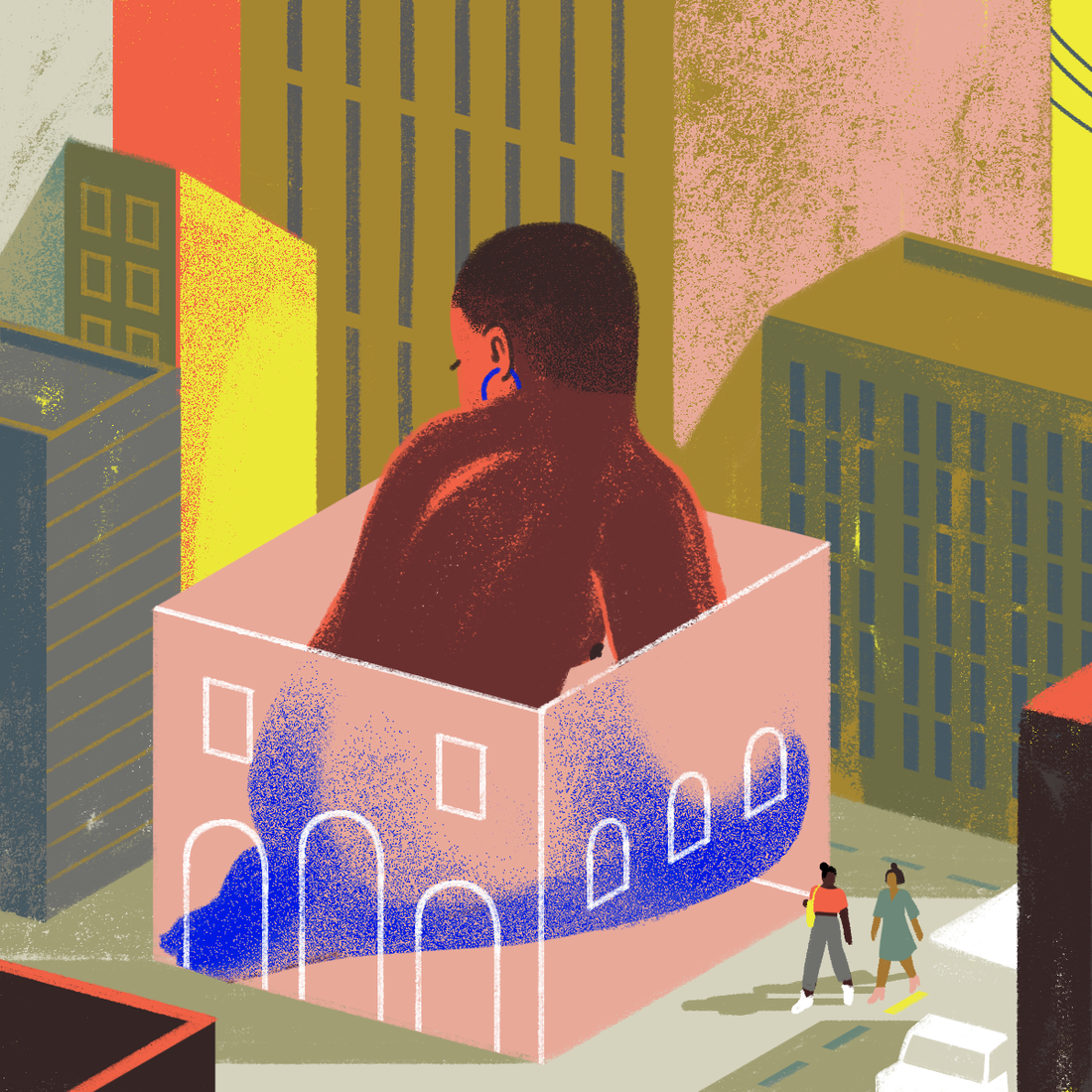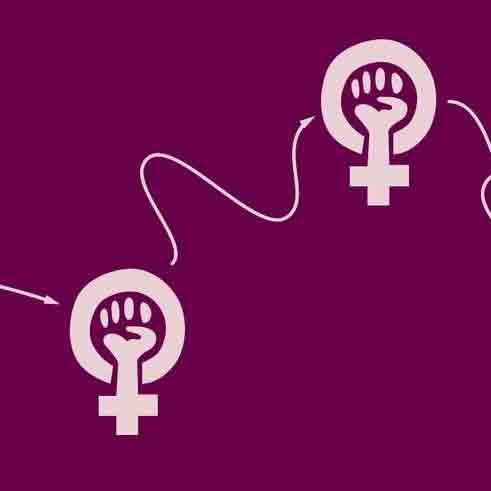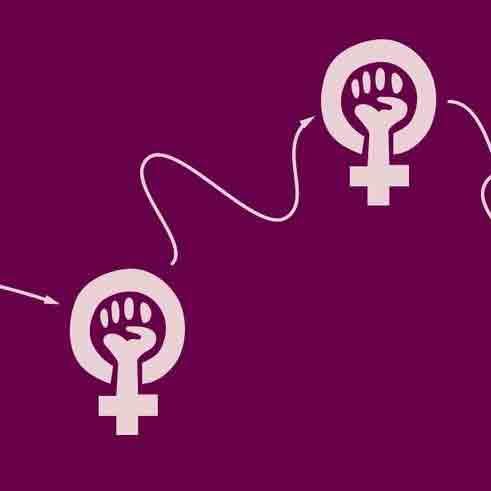"By staying present and taking small steps, you'll be able to actually enjoy the pleasure of being around humans again."While these anxieties and challenges might seem daunting, Wright assures us that there are additional steps we can take to be gentle with ourselves and our communities as we move forward with both social interaction and new sexual connections. “Take baby steps and talk yourself through it,” she says. “I know this sounds simple—and it's so incredibly profound. By staying present and taking small steps instead of trying to figure the whole thing out at the beginning, you'll be able to actually enjoy the pleasure of being around humans again. One moment at a time, as corny as it may sound.” Some folks find themselves counting down the days until they’re fully immunized so they can jump back into having more physical sexual connections, while others are more wary. If you find yourself having reservations about seeing other people face to face, it might be helpful to try out some super low-pressure interactions at first. “Re-connect with people that are low-stakes,” Wright says. “New or old friend, you're both vaccinated, sitting outside? That feels so low risk, low stakes, and still social (and you can hug!). If it feels scary to take a step forward, pause and stay present. Assess where you are and then decide what you want to feel. Then, you can take action from there.” Whether it’s starting small or jumping right in, do what feels best for you as you begin to ease out of isolation. We’ve all been through such an unsettling collective experience and many of us have suffered loss and trauma during this time, so communication is more important now than ever. You may want to talk to your partner(s) about the trauma you’ve experienced to help you move forward. It may also be helpful to seek the support of a sex-positive therapist or mental health professional. Despite the hesitation you may feel, you can take heart in the fact that you’ve thoughtfully navigated into and out of isolation with the best possible intentions.

Culture
Readjusting to Touch and Intimacy as the World Reopens
Created on 09/04/2021
Updated on 13/10/2022
As we see spring bloom and sprout all around us, we also find our libidos coming out of hibernation at a tricky time in the pandemic. Around this time last year, folks across the globe were forced to grapple with the anxieties caused by COVID-19 and its dramatic effects on all aspects of our daily lives, but especially our social lives. We’re now well-acquainted with previously unfamiliar concepts like social distancing, germ pods, and herd immunity.
While these practices have kept us safe during this time, they may also have contributed to some new social and sexual anxieties. Skin hunger, social anxiety, and COVID fatigue are now part of our lives, too.
“We have all been very individualized for the last year,” says Rachel Wright, a New York City-based mental health, sex, and relationship therapist. “We all stopped seeing friends and family members and transitioning back into flirting, dating or f*cking is hard after what we've collectively been through.”
It’s likely that some of us find ourselves facing more social anxiety and/or anxiety around intimacy than we did prior to the pandemic. After spending a year at home mostly, or completely, in isolation, it may be jarring to be around other people in any number of ways, but especially in intimate settings. Wright suggests that we may even respond in ways that surprise us: “Our bodies and brains may even send signals that something is wrong (creating feelings of anxiety) because of how new it will feel.” Acknowledging the newness and strangeness of it prior to diving right back in is often a helpful first step.
Currently Reading
Readjusting to Touch and Intimacy as the World Reopens
























